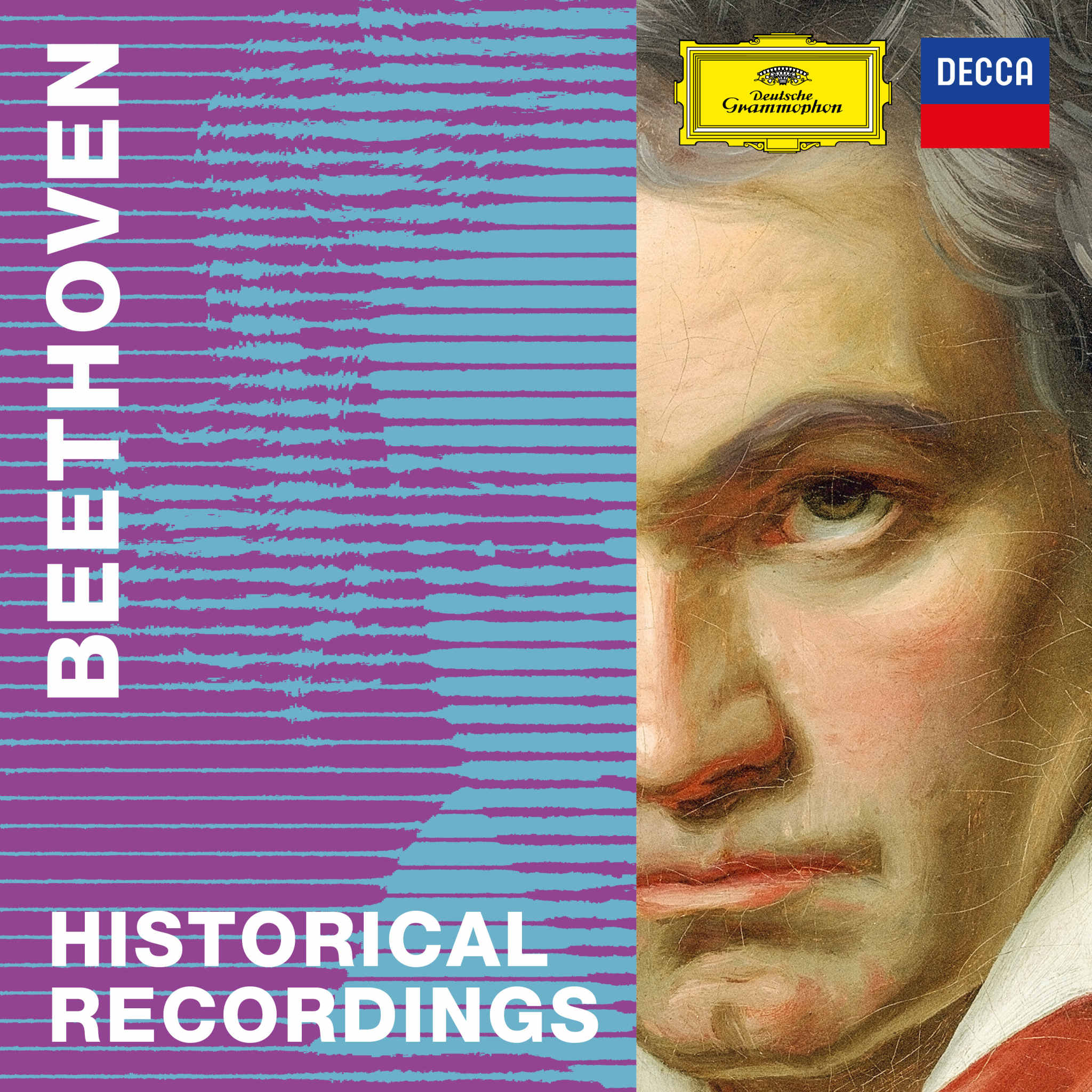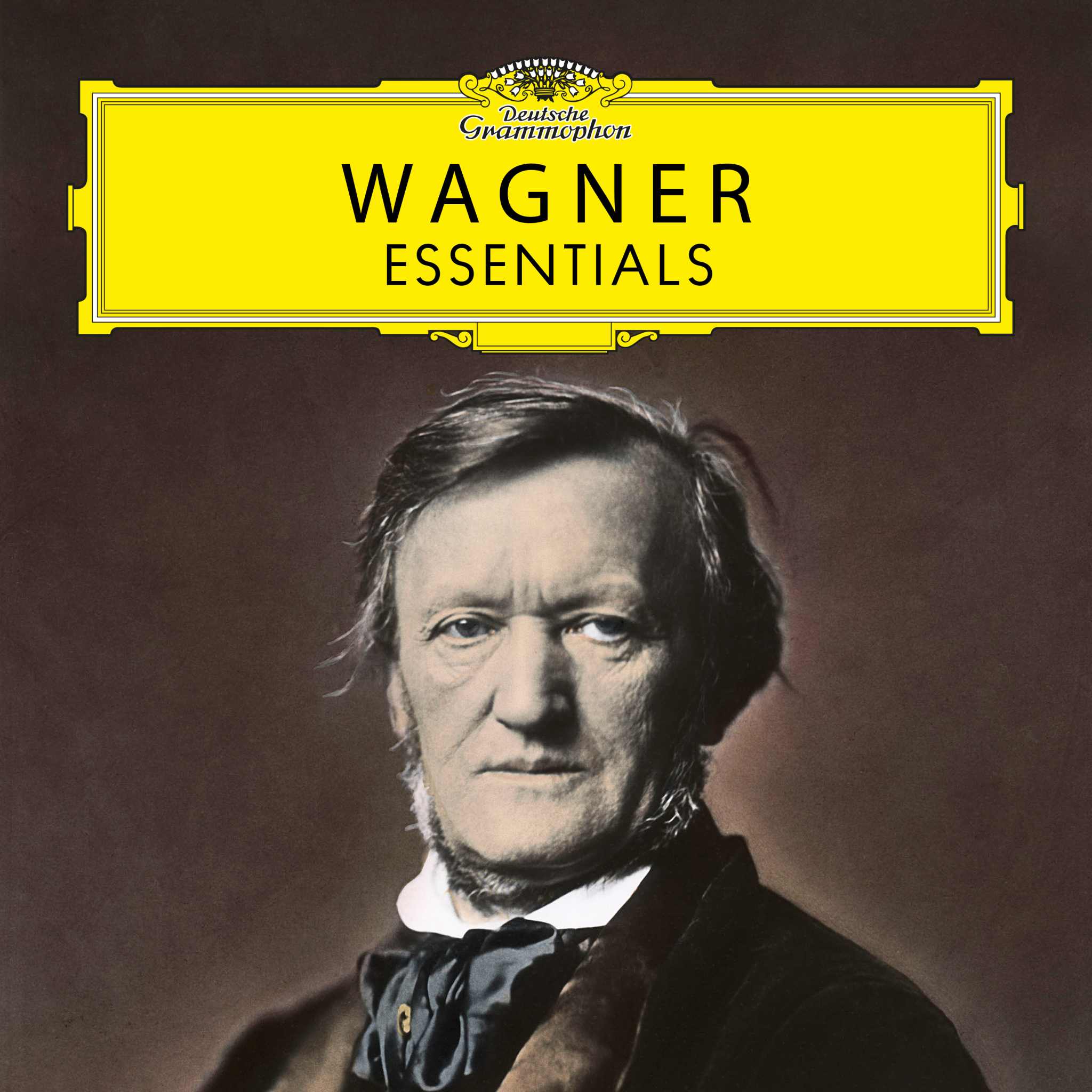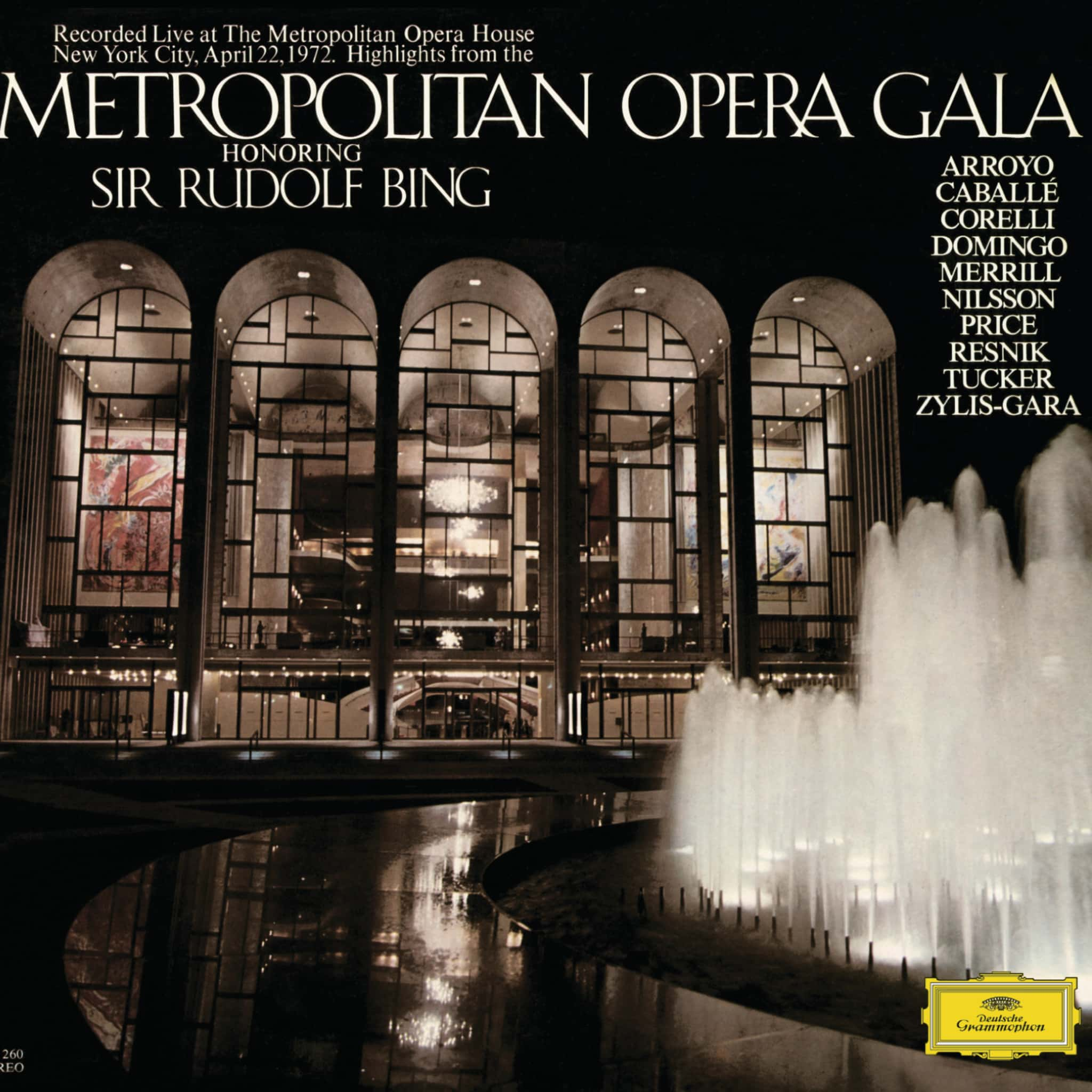Albums
Appears On
AboutBirgit Nilsson

Birgit Nilsson was arguably the greatest dramatic soprano of the stereo era, renowned for her towering performances in Wagner, Strauss and Puccini. She was born in 1918 on a farm on the Bjäre Peninsula in South Sweden. Already at the age of three, she was picking out melodies on a toy piano and her vocal talent was later noticed by a local choirmaster who advised her to take lessons. However, as an only child, Nilsson was expected to leave school at the age of 13 and help on the family farm. It was thanks to the encouragement of her teacher Ragnar Blennow who, going against the wishes of her father, encouraged Birgit to apply for the Royal Swedish Academy of Music. She was immediately accepted on a scholarship in 1941 and made her debut at the Royal Swedish Opera in 1946 with only three days' notice as Agathe in Weber's Der Freischütz. Her breakthrough came the following year when, again at short notice, she sang Lady Macbeth in Verdi’s Macbeth.
The trajectory of her career gained speed as she became the star performer of the Royal Swedish Opera in Stockholm. Her first operatic appearance abroad came in 1951 when she performed Elettra in Mozart’s Idomeneo at Glyndebourne. Her debut at the Vienna State Opera in 1954 was a turning point; she would be a regular performer there for more than 25 years. It was followed by Elsa in Wagner's Lohengrin at the Bayreuth Festival in 1954, then her first Brünnhilde in a complete Ring cycle at the Bavarian State Opera in Munich in 1955. In 1958, she sang the title role of Puccini's Turandot at the season opening at La Scala in Milan, making history as the first non-Italian singer to be given such an honour and, in 1959, she made front page news on the New York Times with her performance of Isolde at the Metropolitan Opera in New York.
Throughout the 1960s and 70s, Nilsson performed at all the major opera houses and was heralded the world over. Her career lasted almost 40 years. For some 25 years – from the late 50s to the early 80s – she was the dominant force in the dramatic soprano repertoire and undisputed "Queen of Wagnerians" of her generation, one of the all-time Greats in the history of opera. Arguably the last of the "true" Wagnerians, she was by no means limited to Wagner. Her Isolde and Brünnhilde together with Salome, Elektra, Dyer’s Wife and Turandot were often collectively referred to as the "Nilsson repertoire".
In 1969, Nilsson created a Stipendium for talented young Swedish singers which continues to be awarded annually in her home-town church in Västra Karup. Towards the end of her life she also created a Prize for exceptional and exemplary artists which, since 2009, has been presented every three to four years. Following her death in 2005, the family farm was converted into a museum which lovingly traces her childhood and career and where, each summer, the Birgit Nilsson Days are celebrated with masterclasses and concerts.












